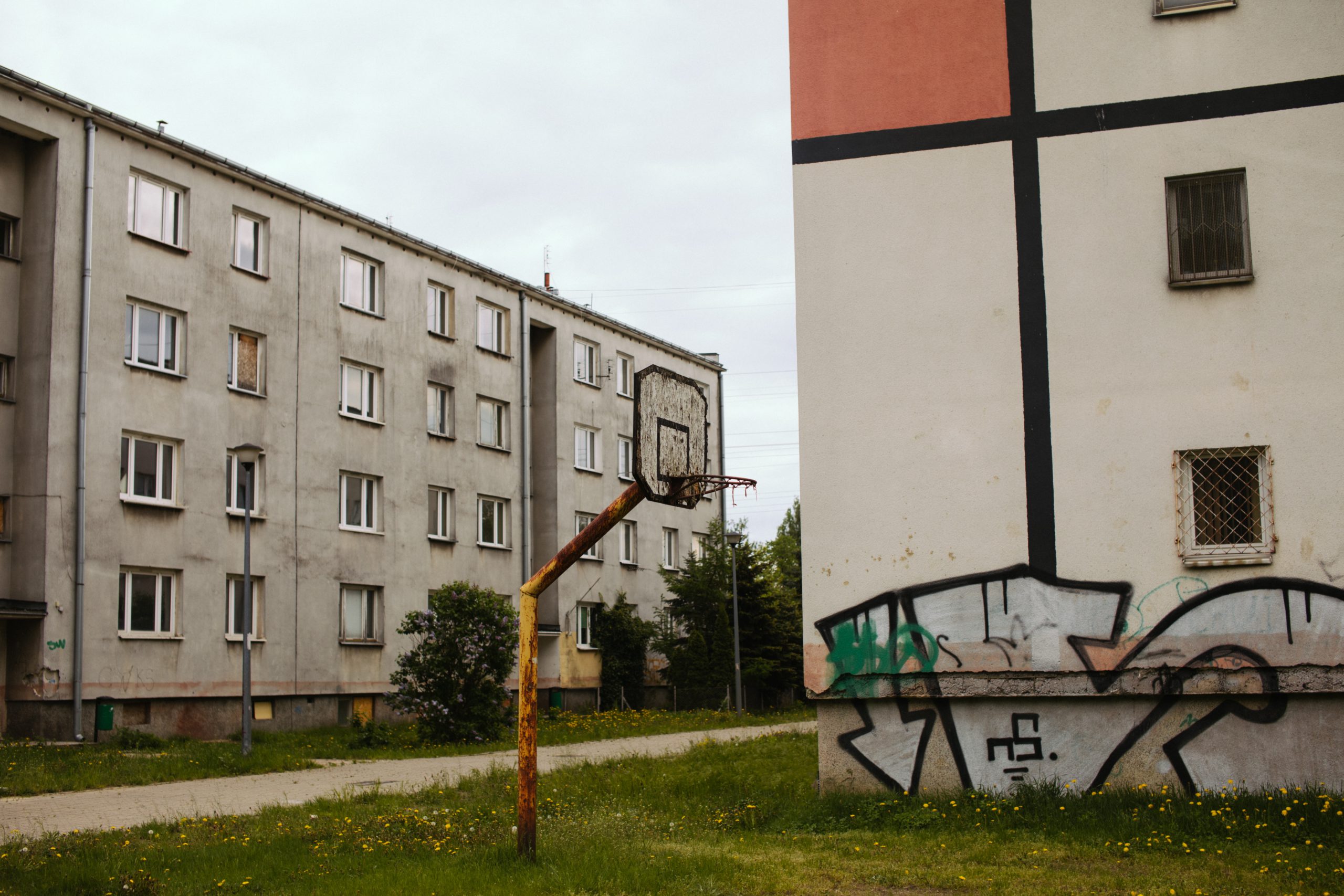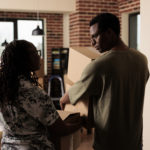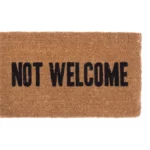Landlords provide a valuable and in-demand real estate service. Like any other business people, landlords are partially in the industry to make money. Successful landlords, like most successful business people, have a reputation to uphold and strive to provide a decent home for renters and include all of the things encompassed by an implied warranty of habitability. Slumlords, on the other hand, are unconcerned about their reputation or the upkeep of the properties they possess, which are frequently in undesirable areas, preying on individuals who have few other options.
What’s a Slumlord?
A slumlord is technically defined as an “unscrupulous landlord who milks a property without regard for tenants, neighborhoods, or their own long-term interests.”
Slumlords won’t bother to repair or preserve their buildings, frequently circumventing the law regarding the bad state of their rental homes, all of the while exploiting unfortunate people who have limited choices. They don’t care about a landlord’s responsibilities and laws like the implied warranty of habitability.
Consequences of Poor Management
One of the simplest ways to lose renters and become a slumlord is to provide poor property management. Putting off building repairs and maintenance can have a detrimental influence on your assets’ performance and functionality.
You can encounter severe issues that you wouldn’t encounter with routine maintenance, including roof leaks, structural failure, mold, mildew, or insect infestation. These all begin as small problems that regular maintenance would address, but if ignored, they can blossom into serious issues.
Ignoring renter concerns and maintenance requests can have an impact on how much rent people are willing to pay and if they’re willing to break their lease. Your landlord responsibilities should be a top priority. Having a high turnover rate can cost you much more than keeping your long-term tenants happy.
How Not to be a Slumlord:
To be a successful landlord, you must be able to successfully handle your rental property while also taking into account the demands of your tenants. Here are a few tips for avoiding being a slumlord and rapidly becoming your renters’ favorite landlord:
Make Tenants Feel Welcomed
One of the main landlord responsibilities is to make tenants feel welcome. The ideal tone for a great renting experience is created by leaving your tenant a simple message welcoming them to the unit and expressing how glad you are to have them.
Provide any specific guidelines for the unit, talk about the implied warranty of habitability, as well as the dates for garbage and recycling pickup, electric company contact information, and your contact details so they can reach you. You may go above and above and beyond by getting them a welcome basket filled with essentials like cleaning supplies, toilet paper, and a nice treat.
Adhere to the Lease
To avoid further issues, always follow the requirements specified in your rental lease whenever there is a problem with a tenant. If concerns arise that were not covered in the lease, you can still act in accordance with your city’s regulations or look for recommendations and best practices regarding local landlord responsibilities.
In this manner, if tenants object to your actions, you can demonstrate that you are acting within your rights and in accordance with other landlords’ practices.
Remain Calm
Disruptions happen. A global pandemic, for example, could cause a snag in the renting process, preventing a tenant from paying rent on time. While it’s natural to become irritated when dealing with serious issues, as a landlord, it’s critical to stay professional and reasonable.
Have Communication Options
You’ll want to be quickly accessible in case of an emergency if you want to build a good business partnership with a tenant. Renters should be given various ways of reaching you, such as a phone number, email address, or access to a management company software platform.
Tenants Rights to Safety
Landlords have a legal obligation to safeguard their renters and should take landlord responsibilities seriously, such as giving tenants all of the protections implicit in the implied warranty of habitability. State and local security laws, along with court judgments, may establish standards for door locks, lighting, and window locks. Landlords must also keep their leased properties in good condition and conduct frequent inspections.
Responsible landlords also address any possible security issues, such as damaged locks. Property owners may be held liable for criminal activity occurring on their property, particularly if they fail to provide effective security.
It is critical to offer adequate protection and safety for tenants, which may include the installation of a security system.
Expensive procedures like this can be significantly less expensive than the costs of crimes on the rental property. Taking these measures also shows your tenants that you care about them and want to keep them as safe as possible.










